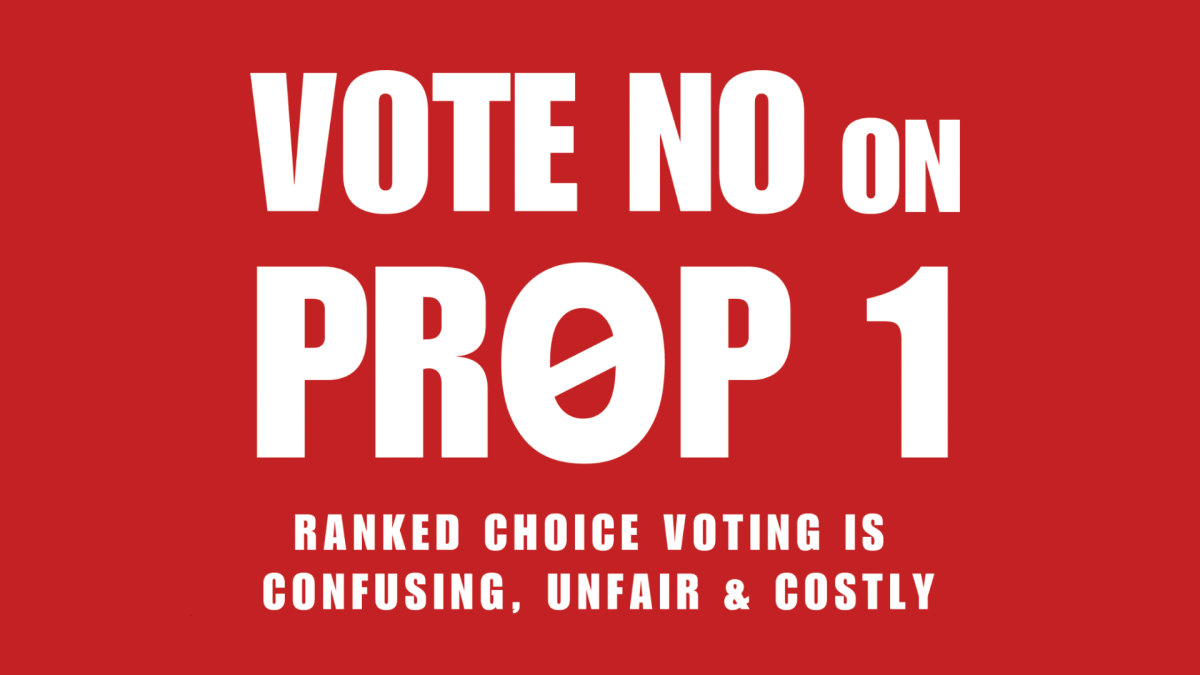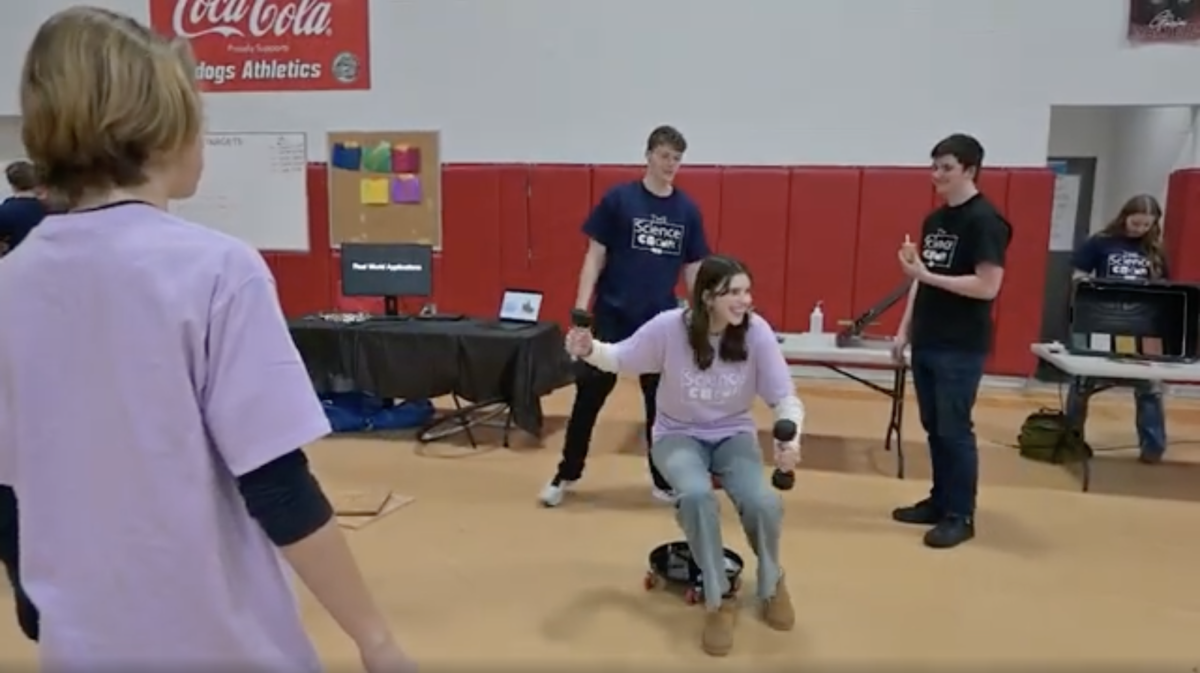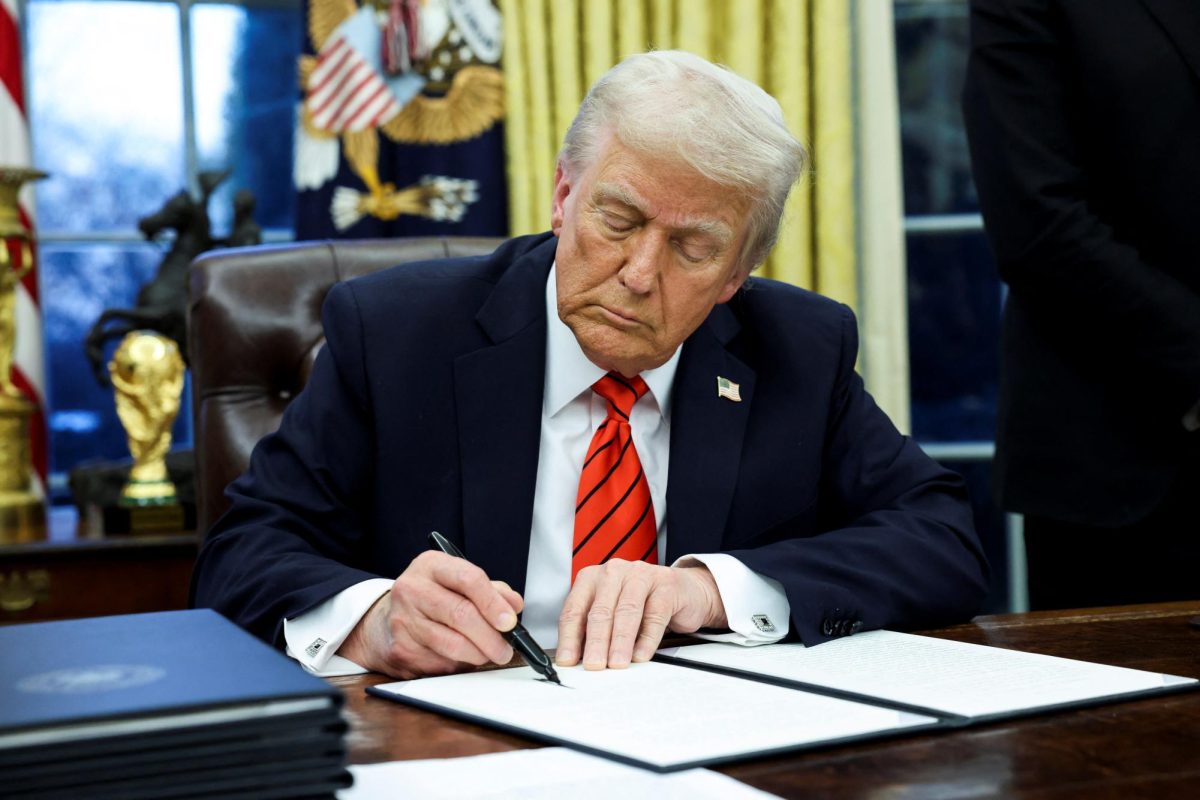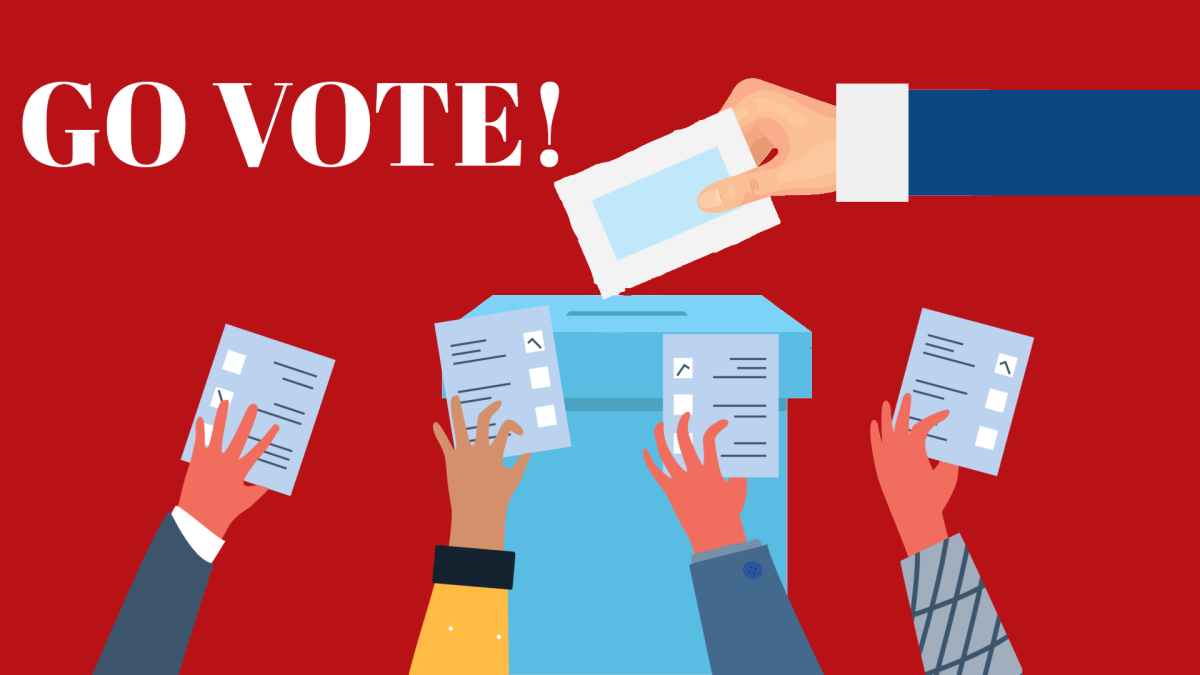It’s an election year, hopefully this is not the first time you have heard of this. Whether that be people complaining about the candidates on social media, political ads every time the television turns on, or even seeing signs in people’s front yards around town, it’s been shamelessly shoved in your face. Chances are, if you have seen signs for the presidential candidates around town, you have also seen the signs telling you to vote yes or no to PROP 1. On November 5th, around 70% of Idaho voters did decide to vote no. PROP 1 is complicated, so cedar post decided to interview some experts in the matter to see what made voters want to vote that way.
PROP 1 is a ballot initiative that aims to change the voting process in Idaho. PROP 1 was created by Reclaim Idaho, a political organization co-founded by Sandpoint Highschool Alumni, Luke Mayvillle. Mayville has since been all around Idaho for Reclaim Idaho’s efforts. Mayville told us in an interview that Reclaim Idaho started as a 100 % grassroots effort in Bonner County in 2017 to help pass a local school levy. “After a successful effort to get out the vote for the levy, several of us started Reclaim Idaho,” he shared. PROP 1 has not been the first ballot initiative Reclaim Idaho has worked on. Mayville explained their “first statewide campaign was a ballot initiative to expand Medicaid, which eventually won 61 % of the vote,” he proudly included that it helped “secure healthcare coverage for about 100,000 Idahoans.” After Reclaim Idaho’s success there, they have since spent many years trying to get more funding for Idaho’s public schools.
This brings us to last year and the start of PROP 1. Reclaim Idaho banded with several other civic organizations and community leaders to work on election reform. They formed a coalition called Idahoans For Open Primaries. Open primaries are one-way PROP 1 aims to change how elections are done in Idaho. Bonner County’s Clerk, Micheal Rosedale, sat down for an interview and explained “Republicans have a closed primary, and Democrats have an open primary, meaning if you can vote Republican if you are already Republican, or if you’re unaffiliated, you can choose to affiliate on Election Day.” So essentially only registered Republicans can vote in the Republican primary. This has been a topic of conversation for people who don’t want to give up their independent status to vote, and Democrats who don’t want unaffiliated. Mayville explained, “it’s a serious problem so many people are left out of these elections.” Largely because when a significant group of people get left out of these elections, the candidates that make it into office don’t represent the greater whole.
PROP would have also implemented ranked-choice voting, which would have allowed voters to rank the four candidates 1-4 in the general election. Then if one of those candidates gets above 50 % right off the bat, then that candidate wins automatically. . If that is not the case, then the candidate with the least amount of votes would be eliminated. The ballots would be recounted, and everyone who had the eliminated candidate as their first choice would then have their second choice counted instead. This process continues until one candidate has a majority. Mayville states the biggest benefit is that this process “guarantees that those elected into powerful offices are required to show that they have the required support of the broader community.” However the biggest drawback to this is the fact that Idaho currently uses voting machines that can’t handle counting that many iterations of the ballots. Micheal Rosedale explained that while he could get the raw data from the current voting machines, he couldn’t tabulate the results, instead, he would have to send it to a separate software company. This would mean that Idaho’s voting machines would need a software update, which according to Mayville is about 50 cents a voter. Additionally, many republicans feel they alone should get to pick the candidate that best represents their party, and that people that don’t affiliate with that party shouldn’t get a say. Additionally, as we saw with Alaska and Maine this election (two states that have implemented ranked choice voting), it takes substantially longer to count ballots and call states.
Ultimately, PROP 1 failed for a variety of reasons. Many felt it was too expensive, and it wasn’t fair that voters that don’t affiliate with the republican party could have a say in their candidate. About 70% of Idahoans voted against it.For the thirty percent that did vote for it, the potential change in political landscape was worth the price. Regardless of your political views, it’s important to remain informed on both sides, and understand the nuances of everything that makes it on the ballot.








